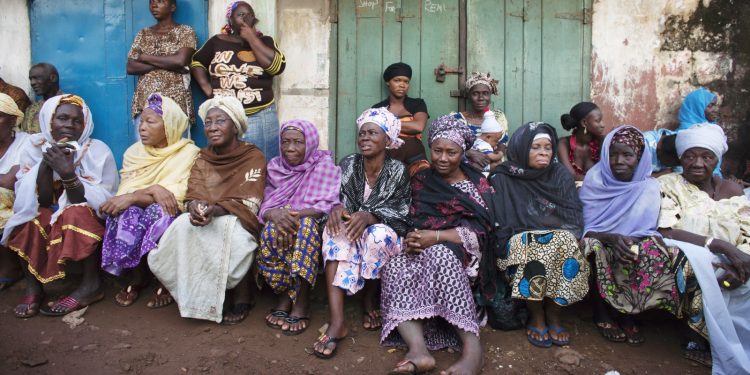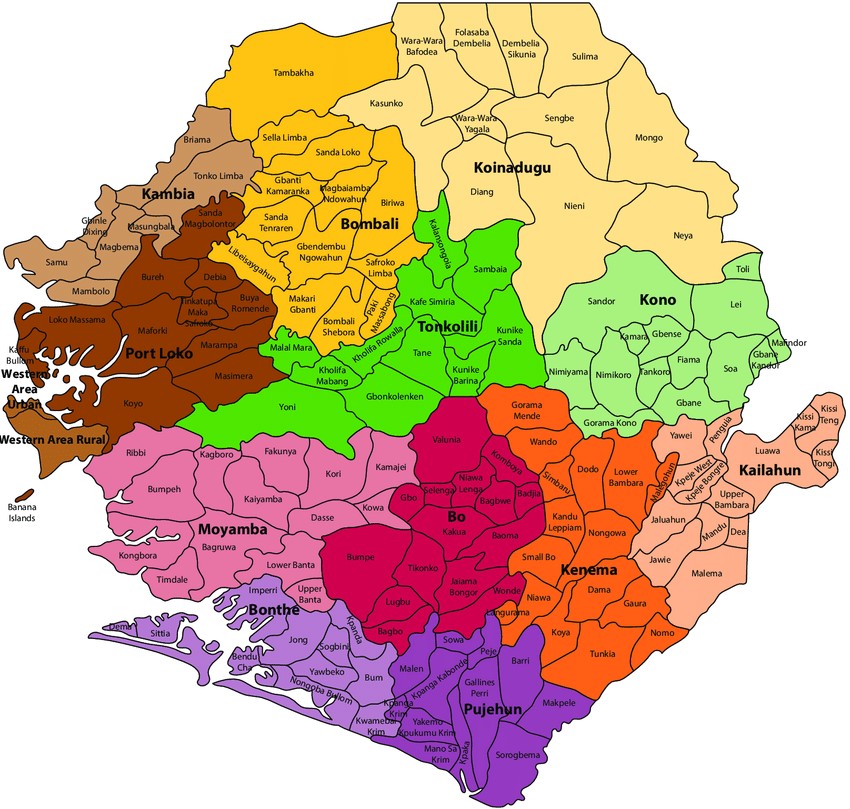The statutory retirement age in Sierra Leone is 60 years old. This can be considered as a milestone in a worker’s life, and can become a contentious topic. Does this age, set decades ago in a different socio-economic reality, still serve the best interests of Sierra Leone’s workforce and the nation? Or is it time to rethink the policies governing our aging population?
The retirement age of 60, which once aligned with shorter life expectancies and physically demanding labour, was originally implemented as a safeguard. It allowed workers to exit the workforce with dignity, supported by pension schemes aimed at ensuring financial security. But as the years have rolled on and Sierra Leone has evolved, so too have the realities surrounding this once-sacred benchmark. With advancements in healthcare, a rise in life expectancy, and the shift toward a more knowledge-based economy, the question is: does retirement at 60 still make sense?
One of the main arguments in favour of maintaining the retirement age at 60 is the room it creates for younger generations to step into the workforce. In a country like Sierra Leone, where youth unemployment remains stubbornly high, every retirement potentially opens a door for a young, dynamic individual to fill. This logic is particularly relevant in sectors like technology and innovation, where younger workers—more adaptable to change and fluent in digital advancements—are seen as drivers of progress.
However, the flipside is equally critical. The forced exit of experienced workers at 60 risks robbing industries of institutional knowledge that younger employees may not yet possess. In fields such as education, healthcare, and engineering, the wisdom of age is often irreplaceable. Sierra Leone cannot afford to lose the very expertise it so desperately needs to navigate its ongoing development challenges.
For many Sierra Leoneans, the promise of retirement at 60 is tied to financial security. Government employees, alongside those in the private sector, look forward to pensions as their main source of income after decades of work. National pension schemes like the National Social Security and Insurance Trust (NASSIT) are meant to provide a financial cushion. But here’s the grim reality—pensions, often inadequate, struggle to keep up with the ever-rising cost of living in an economy battered by inflation and currency devaluation.
The cost of living in Sierra Leone has skyrocketed in recent years, eroding the real value of pension benefits. Retirees find themselves supporting not only their immediate families but extended networks as well. For many, retirement marks the beginning of financial insecurity rather than the peace and stability it promises.
Another compelling argument for maintaining the retirement age is that it offers individuals a well-deserved respite after decades of hard work. The physical and mental toll of working long hours for years is undeniable, particularly in physically demanding roles. Retiring at 60 can provide a much-needed break, allowing older workers to focus on their health and well-being in a country where access to quality healthcare is still limited.
But in today’s world, 60 is no longer seen as old. Many Sierra Leoneans at that age are still fit, mentally sharp, and eager to contribute. Prematurely forcing them out of the workforce means losing out on their productivity and skills, particularly in leadership roles where experience is often invaluable. Is this loss worth the short-term benefits of creating opportunities for younger workers?
The retirement age of 60 assumes that older workers are no longer fit to contribute meaningfully to society—a notion increasingly at odds with reality. Improvements in healthcare, better living conditions, and the nature of modern work mean that many people are capable of working well into their 60s and beyond. In Sierra Leone, where the workforce is still developing and professional expertise is scarce, pushing skilled workers into early retirement is not just a loss; it’s a missed opportunity.
In leadership, advisory, and consultancy roles, older workers provide the stability and institutional memory needed to steer organizations and government bodies through times of uncertainty. Their premature exit leaves a vacuum that is not easily filled by younger, less-experienced employees. Sierra Leone’s development needs the wisdom of seasoned professionals just as much as it needs the fresh energy of its youth.
So, what is the way forward? How can Sierra Leone navigate the gains and losses of the retirement age? The answer lies in flexibility. Rather than enforcing a rigid retirement age, the country could consider more adaptable policies. Raising the retirement age to 65 or 70 for those in non-physically demanding roles could allow the economy to continue benefiting from experienced workers. Simultaneously, a phased retirement system—where workers gradually reduce their hours over several years—could ease the transition while allowing younger employees to take on more responsibility.
Such a system would enable retirees to continue contributing meaningfully, while still opening up opportunities for the next generation. It would also provide retirees with the financial security and mental stimulation they need, while preventing the financial hardships that come with an abrupt exit from the workforce.
Any reconsideration of the retirement age must also include a serious look at pension reforms. If pensions continue to be eroded by inflation and economic instability, then even the most well-thought-out retirement age policy will fail. Strengthening pension schemes, ensuring they are inflation-adjusted, and providing social safety nets for retirees will be crucial.
Additionally, the government must invest in mentorship programs that allow older employees to pass on their knowledge to younger workers before retiring. This would ensure that the country does not lose the valuable expertise that comes with experience. A well-structured mentorship system could bridge the gap between generations, ensuring a smoother transition and continuity in key sectors.
As Sierra Leone approaches the symbolic age of 60, much like its workforce, it stands at a critical juncture. The debate over retirement is not just about numbers; it’s about the country’s future. Does Sierra Leone gain or lose from retiring its workers at 60? The answer, as with many things, is not black and white. There are undeniable benefits to creating space for the younger generation, but the losses—of experience, wisdom, and human capital—are equally significant.
To truly move forward, Sierra Leone must adopt a more flexible, nuanced approach to retirement. One that recognizes the value of both its younger and older generations. One that ensures financial security without sacrificing the wisdom and experience of seasoned professionals. In doing so, the country can navigate this crossroads and emerge stronger, more resilient, and better equipped to face the challenges of the next years.
As Sierra Leonean society contemplates its past and future, the conversation around retirement must evolve. It’s time for policies that reflect the realities of modern life, that support both the young and the old, and that ensure a more prosperous and inclusive future for all.











